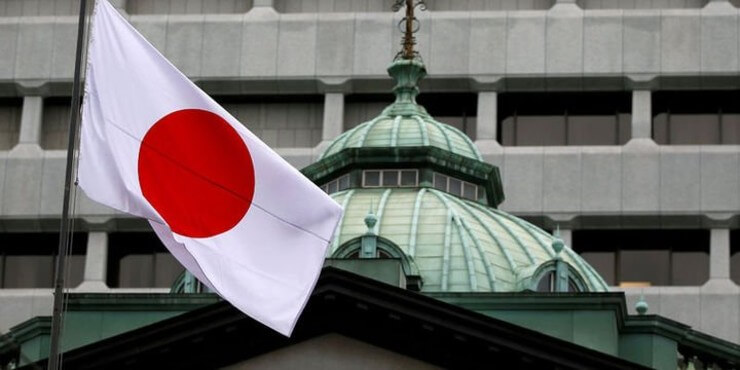Cryptocurrency market continues to be significantly influenced by government regulations. Accordingly, Japan’s main financial regulator, the Financial Services Agency (FSA), has clarified its position on peer-to-peer (P2P) crypto transactions following its latest recommendations to local banks.
Notable Move in Japan
The FSA, in its letter dated February 14, encouraged banks to stop transfers to crypto asset exchange service providers if the sender’s name differs from the account name, thereby enhancing user protection.
Such a formulation could jeopardize P2P transfers in the country, as usually there are two different users at the sending and receiving ends. The FSA also stated that its recommendations do not foresee any transactions from one individual to another and commented:
“We published this request to strengthen measures against illegal money transfers when an individual deposits cash from a bank account to a crypto asset exchange service provider’s account.”

Crypto Market and Fraud Methods
Scammer X asks victim Y to transfer money from Y’s bank account to the scammer’s newly created crypto account. Since the crypto platform will not accept the first deposit to another person’s account, scammer convinces victim Y to change their name to X, which the platform then accepts. However, under the new guidelines, the bank will block the suspicious transaction where the sender requests to change their name from Y to X for depositing money into the crypto platform.
The FSA states that these measures are already in place at many financial institutions, but the agency has not received any reports of concrete cases that could create concerns in the crypto asset markets. The FSA’s recommendations are not uniformly necessary for all financial institutions. Banks are expected to assess concrete measures based on their own conditions and make decisions.
Japan’s neighbor South Korea also continues to take significant steps to combat crypto fraud. The Financial Intelligence Unit (FIU) will introduce a preventive trade suspension system for suspicious transactions on platforms currently operating in the country. This system can freeze transactions even during the preliminary investigation phase.










